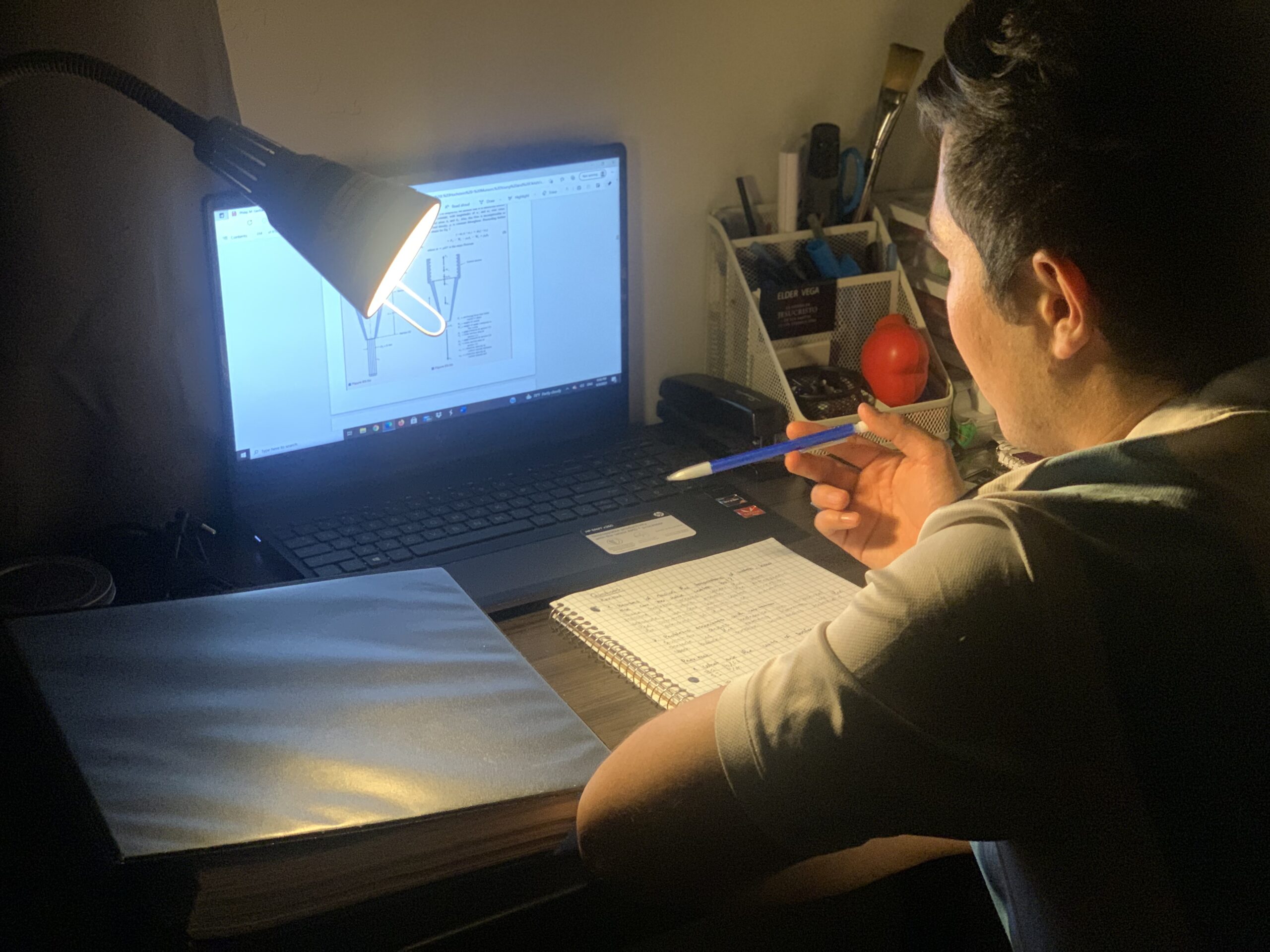
Some international students at BYU are puzzled at the hesitancy of Americans in getting vaccinated. Many international students have seen a positive approach toward getting vaccinated in their home countries, which contrasts some American viewpoints about the COVID-19 vaccine.
For many international students at BYU who wanted to return to their home countries for summer this year, receiving the vaccine was necessary. The U.S. is one of the only countries in the world with enough doses to fully vaccinate its population. International students are bewildered at why there is such so much hesitation to get vaccinated when in other countries, people have to get on long waitlists and even travel long distances for one single dose.
“It’s just weird to me seeing how many Americans are anti-vaxxers,” said Nico Orrego, a pre-business major from Santiago, Chile. Orrego’s friends and family in Chile all had to wait weeks to get vaccinated. People his age are now receiving their second dose, after the elderly and those with underlying health conditions such as asthma, pulmonary hypertension, and other lung diseases were the first recipients of the vaccine.
Santiago Vega, a civil engineering major from Mendoza, Argentina, contrasts vaccination hesitancy in the U.S. with attitudes in his own country.
“Even after being fully vaccinated, we still have to quarantine at home for two weeks,” Vega said. “I feel like people in Latin America want to get vaccinated as soon as they can in order to prevent the spread of the virus but here in the U.S., it seems like people just want to get the vaccine so they can go out and have fun.”
Finance major Kyle Klintworth from South Africa said he feels like Americans are quicker to jump to conclusions. “It kind of seems like they just think that they’re being tricked.”
According to several international students, with the rise of misinformation and conspiracy theories surrounding the COVID-19 vaccine, some Americans have started to become more skeptical and gullible. Orrego said he recognizes that people in the United States have it easy when it comes to getting vaccinated. So many pharmacies, stores and centers offer the vaccine, but ultimately, the students said it is simply a matter of making it a priority and deciding what to believe.
“I really wish people would just get vaccinated. I mean science is real. Vaccines do work,” Klintworth said.
As of Sept. 14, 79.85% of BYU students and 81.87% of faculty and staff have received at least one COVID-19 vaccination according to BYU’s COVID-19 updates page.




